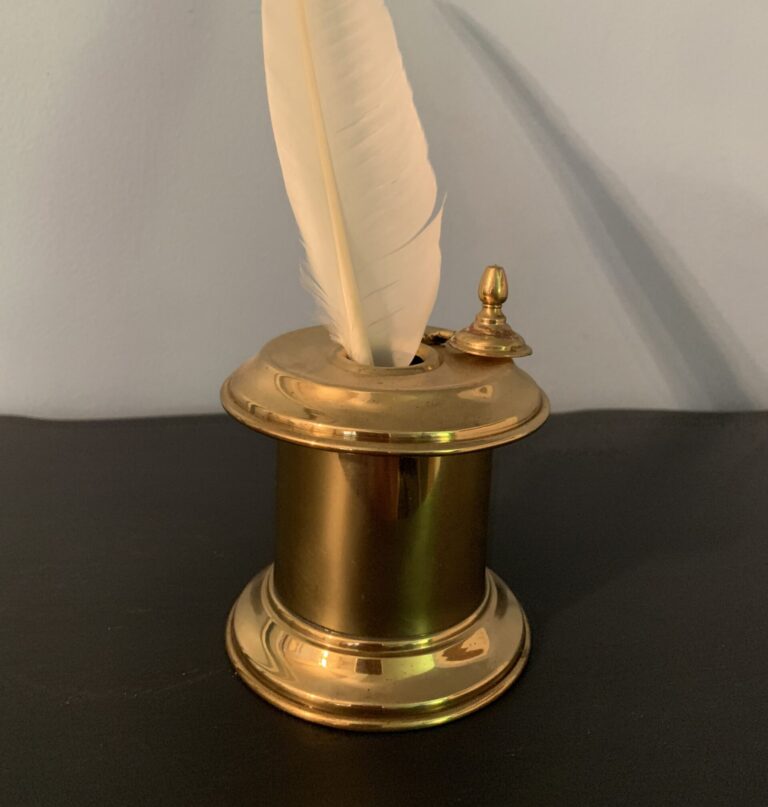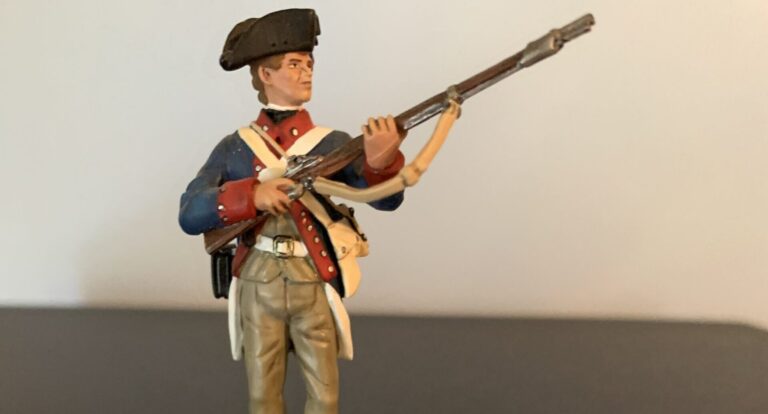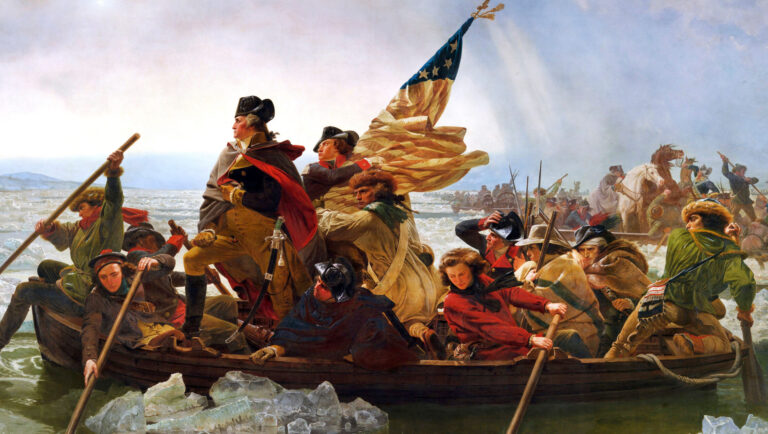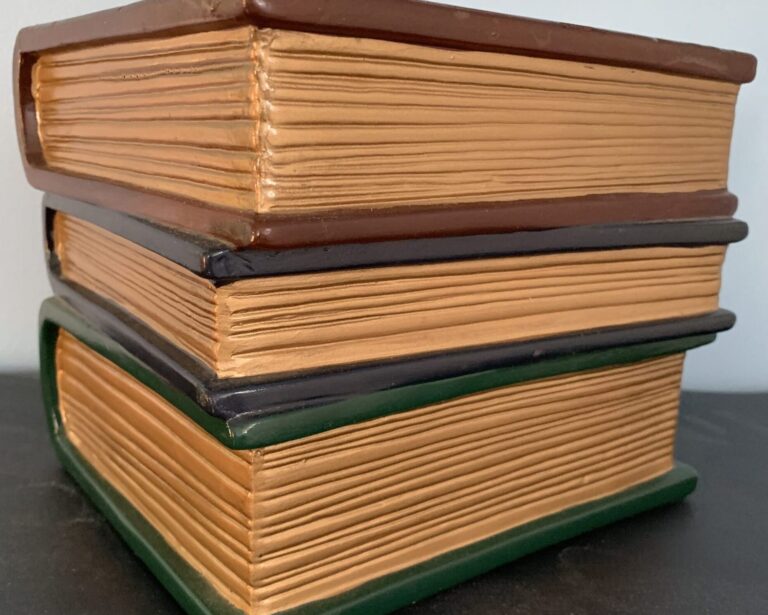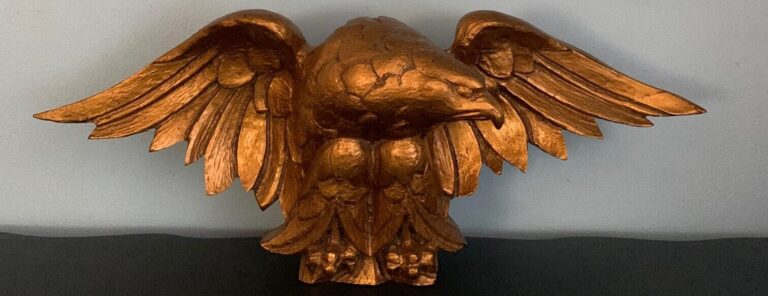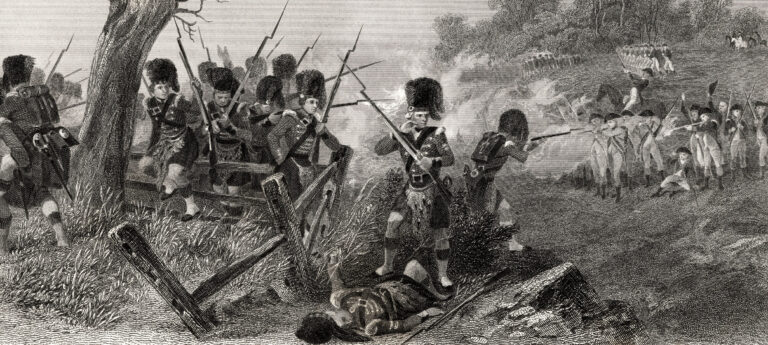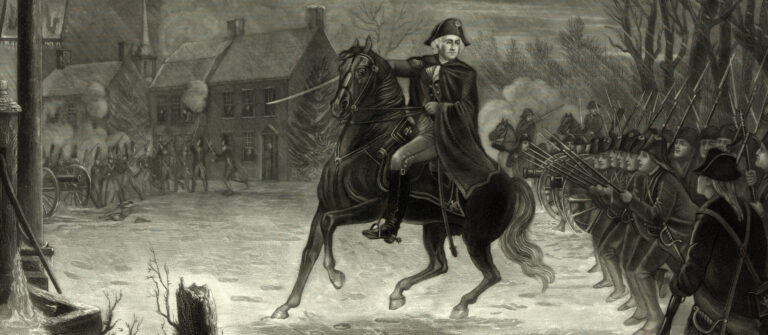Reminder: If you’re reading this in your email, you have to go to dpauthor.com and click on the Speaking of Which tab in order to view the actual blog post with the featured image.
Why was Albigence Waldo Important?
In general historiographic terms, Waldo is best known for having kept a diary during the winter of 1777-78 that recorded his experience and that of his fellow Continental soldiers during the storied Valley Forge encampment. The diary provides a graphic firsthand account of the challenges faced by the army that winter. Waldo’s commentary is regarded as an especially valuable resource for studying this period, during which the young physician attended to many an ill soldier. His entries were recorded in The Pennsylvania Magazine of History and Biography more than a century later based on a manuscript furnished by Amos Perry of the Rhode Island Historical Society.
Who Was He?
Born in February 1750, in Pomfret, Connecticut, Waldo received his early education there and studied medicine under the guidance of Dr. John Spaulding in neighboring Canterbury. Afterwards, he settled in his native town, where he took the place of Dr. John Hall, who had moved to Vermont. Waldo married Lydia Hurlburt in 1772, and they would have four sons and three daughters.
When the Revolutionary War began, the Pomfret physician left his family and medical practice to join the cause. Waldo initially served as a clerk in a militia company from Woodstock, Connecticut, but In July 1775, he was commissioned surgeon’s mate of the 8th Connecticut Regiment under Col. Jedediah Huntington, only to be discharged that September because of ill health. In December 1776, the Connecticut Committee of War commissioned him chief surgeon of the armed ship Oliver Cromwell, but he was induced to leave that vessel by an invitation from Col. Huntington to join his newly raised 1st Connecticut Regiment as surgeon. In early 1777, Waldo joined the regiment, which was assigned to the brigade led by Brig. Gen. Huntington (having been promoted from colonel) in Maj. Gen. Alexander McDougall’s division of Connecticut and Rhode Island troops.
Raised largely in New London County, the 1st Connecticut took the field in the spring of 1777 at Peekskill, New York, and was ordered by Washington to join the main army in Pennsylvania in September after the battle of Brandywine Creek. At Germantown on October 4, the regiment was engaged at the front of Maj. Gen. Nathanael Greene’s division. As winter settled in, Waldo recorded the experience of army life in a series of day-by-day chronicles that vividly convey his thoughts and feelings.
The army surgeon resigned his commission in October 1779 and resumed his medical practice in Pomfret, where he became an accomplished surgeon whose entire practice was devoted to that specialty. His first wife died in 1785; and two years later, he married Lucy Cargill, who survived him until 1830 (they would have two daughters). Dr. Waldo died in January 1794 and is buried in Pomfret.
Waldo’s Words
The Connecticut surgeon’s diary entries are thoughtful, lively, engaging, and in many cases quite caustic—understandably so given the prevailing circumstances. His observations reflect a determination to cope with the challenging circumstances facing him and his army brethren, a frustration with a lack of appreciation for the troops’ plight among the civilian population, an enduring love of family, a deep admiration for Washington and his fellow soldiers in general, and a recognition of the long-standing mistreatment accorded Indians by the colonists.
A Sample of Waldo’s Writing
December 15, 1777 — Mankind are never truly thankfull for the Benefits of life, until they have experience’d the want of them. The Man who has seen misery knows best how to enjoy good. He who is always at ease & has enough of the Blessings of common life is an Impotent Judge of the feelings of the unfortunate.
December 21 (after the army’s arrival at Valley Forge on the 18th) — Preparations made for hutts. Provisions Scarce … sent a Letter to my Wife. Heartily wish myself at home, my Skin & eyes are almost spoil’d with continual smoke. A general cry thro’ the Camp this Evening among the Soldiers, “No Meat! No Meat!”-the Distant vales Echo’d back the melancholly sound-“No Meat! No Meat!” Immitating the noise of Crows & Owls, also, made a part of the confused Musick. What have you for your Dinners Boys? “Nothing but Fire Cake & Water, Sir.”
December 24 — Hutts go on Slowly-Cold & Smoke make us fret. But mankind are always fretting, even if they have more than their proportion of the Blessings of Life. We are never Easy, allways repining at the Providence of an Allwise & Benevolent Being, Blaming Our Country or faulting our Friends. But I don’t know of anything that vexes a man’s Soul more than hot smoke continually blowing into his Eyes, & when he attempts to avoid it, is met by a cold and piercing Wind.
December 26 — Many Country Gentlemen in the interior parts of the States who get wrong information of the Affairs & state of our Camp, are very much Surprized at G Washington’s delay to drive off the Enemy, being falsely inform’d that his Army consists of double the Number of the Enemy’s-such wrong information serves not to keep up the spirit of the People, as they must be by and by undeceiv’d to their no small disappointment;-it brings blame on his Excellency, who is deserving of the greatest encomiums; it brings disgrace on the Continental Troops, who have never evidenced the least backwardness in doing their duty, but on the contrary, have cheerfully endur’d a long and very fatigueing Campaign.
January 1, 1778 — New Year.—I am alive. Hutts go on briskly, and our Camp begins to appear like a spacious City….
Nothing tends to the establishment of the firmest Friendship like Mutual Sufferings which produces mutual Intentions and endeavours for mutual Relief which in such cases are equally shar’d with pleasure and satisfaction-in the course of this, each heart is laid open to full view-the similar passions in each, approximate themselves by a certain impulsive sympathy, which terminates in lasting esteem.
January 4 — I was called to relieve a Soldier tho’t to be dying-he expir’d before I reach’d the Hutt. He was an Indian-an excellent Soldier-and an obedient good natur’d fellow. He engaged for money doubtless as others do;-but he has serv’d his country faithfully-he has fought for those very people who disinherited his forefathers-having finished his pilgrimage, he was discharged from the War of Life & Death. His memory ought to be respected, more than those rich ones who supply the world with nothing better than Money and Vice.
January 6 — If I should happen to lose this little Journal, any fool may laugh that finds it,-since I know that there is nothing in it but the natural flowings & reflections of my own heart, which is human as well as other Peoples-and if there is a great deal of folly in it— there is no intended Ill nature-and am sure there is much Sincerity, especially when I mention my family, whom I cannot help saying and am not asham’d to say that I Love….
We have got our Hutts to be very comfortable, and feel ourselves happy in them—I only want my family and I should be as happy here as anywhere, except in the Article of food,
which is sometimes pretty scanty.
January 8 — Unexpectedly got a Furlow [furlough]. Set out fur home. The very worst of Riding-Mud & Mire.
The diary ends here.
P.S. For anyone who may be interested, Brookline Books is accepting preorders HERE for my upcoming book, Winning the Ten Crucial Days: The Keys to Victory in Washington’s Legendary Winter Campaign.
